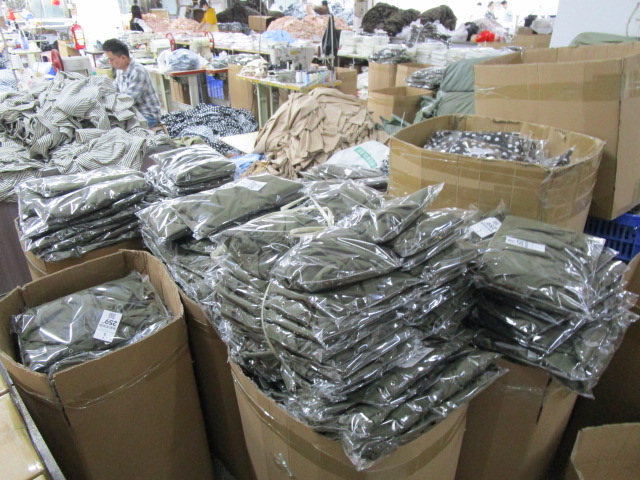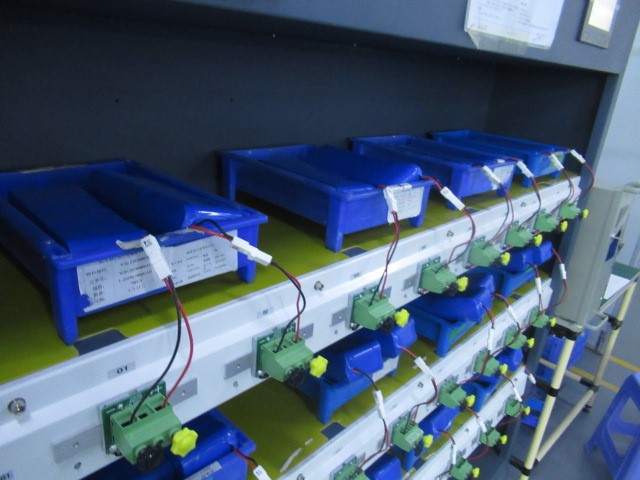
Quality control of electrical appliances is an integral part of meeting product certification. As these products enter a variety of markets around the world, ensuring their quality and safety becomes critical. In this article, we will delve into the world of appliance certifications and explore their importance in different target markets.
Contents
Understanding Electrical Appliance Certification
Certification for electrical appliances serves as a stamp of approval that indicates a product meets certain quality, safety, and performance standards. These standards are often defined by regulatory bodies or industry associations and vary based on the intended use of the product and the market it will be sold in. By undergoing certification, manufacturers demonstrate their commitment to producing safe and reliable products.
Key Certification Types and Their Significance
1.CE Marking (European Conformity):
The CE marking is a mandatory certification for many products sold within the European Economic Area (EEA). It signifies that the product complies with European Union (EU) health, safety, and environmental protection regulations. CE marking demonstrates that the product has undergone testing and assessment, ensuring its conformity to applicable directives. This certification is essential for electrical appliances entering the European market, as it assures consumers that the products they purchase are safe and reliable.
2.UL Certification (Underwriters Laboratories):
UL certification is a widely recognized safety standard, primarily in North America. This certification is crucial for electrical appliances sold in the United States and Canada. Underwriters Laboratories tests products rigorously to ensure they meet specific safety requirements. UL certification enhances consumer trust by assuring them that the product has undergone rigorous testing and conforms to safety standards.
3.CCC Certification (China Compulsory Certificate):
For electrical appliances intended for the Chinese market, CCC certification is a must. Issued by the Certification and Accreditation Administration of China (CNCA), this certification ensures that products meet China’s safety and quality standards. With the growth of China’s consumer market, CCC certification not only guarantees product quality but also opens doors to a vast consumer base.
4.PSE Mark (Product Safety Electrical Appliance & Material):
Japan’s PSE mark is vital for electrical appliances entering the Japanese market. It certifies that products adhere to safety standards set by the Electrical Appliance and Material Safety Law (DENAN). This certification showcases compliance with Japan’s strict safety requirements, building consumer confidence in the product.
5.SASO Certification (Saudi Arabian Standards Organization):
For electrical appliances destined for Saudi Arabia, SASO certification is mandatory. It assures that products comply with Saudi Arabian standards and regulations, ensuring safety and quality. This certification also facilitates customs clearance, making it easier to enter the Saudi market.
6.KC Mark (Korea Certification):
The KC mark is necessary for electrical appliances entering the South Korean market. It indicates that products have been tested and meet the safety requirements set by the Korea Occupational Safety and Health Agency (KOSHA). KC certification is crucial for building trust among Korean consumers.
7.GOST R Certification (Russian Certification):
Electrical appliances aiming to penetrate the Russian market require GOST R certification. This certification confirms compliance with Russian safety and quality standards, allowing products to be sold and distributed within the country.
8.FCC Certification (Federal Communications Commission):
For electrical appliances that use radio frequencies, such as wireless devices, FCC certification is essential for the U.S. market. It ensures that products do not interfere with other electronic devices and meet electromagnetic compatibility (EMC) standards.
The Significance of Market-Specific Certifications
Understanding and obtaining the appropriate certifications for electrical appliances are crucial steps for manufacturers targeting specific markets. These certifications offer several benefits:
1.Legal Compliance: Certifications ensure that products meet legal requirements and regulations in the target market, preventing legal disputes and product recalls.
2.Consumer Trust: Certification marks assure consumers that the products they purchase are safe, reliable, and of high quality, enhancing brand reputation and consumer trust.
3.Market Access: Many countries require specific certifications for products to enter their markets. Obtaining the necessary certifications ensures unhindered market access.
4.Competitive Advantage: Certified products stand out in the market, gaining a competitive edge over non-certified counterparts.
5.Risk Mitigation: Certification reduces the risk of product malfunctions, accidents, and safety hazards, protecting both consumers and manufacturers.
Obtaining certifications for electrical appliances involves a systematic process:
1.Identify Target Market: Determine the markets you intend to enter and research the specific certifications required in those regions.
2.Product Testing: Conduct thorough testing of your product to ensure it meets the standards outlined by the certification body.
3.Documentation Preparation: Prepare all necessary documentation, including test reports, technical specifications, and application forms.
4.Application Submission: Submit your application for certification to the relevant certification body, along with the required documents and fees.
5.Evaluation and Review: The certification body will review your application and conduct further evaluations if needed. This may include on-site inspections.
6.Certification Issuance: Upon successful evaluation, the certification body will issue the relevant certification mark.
7.Renewal and Maintenance: Keep track of certification expiration dates and ensure timely renewal to continue accessing the market.
Conclusion
In the dynamic landscape of global trade, ensuring the quality and safety of electrical appliances is paramount. Certification processes, such as CE marking, UL certification, CCC certification, and others, play a pivotal role in facilitating market entry, enhancing consumer trust, and minimizing risks for manufacturers. By understanding the significance of market-specific certifications and navigating the certification process diligently, manufacturers can thrive in their target markets while delivering safe and reliable products to consumers around the world.




